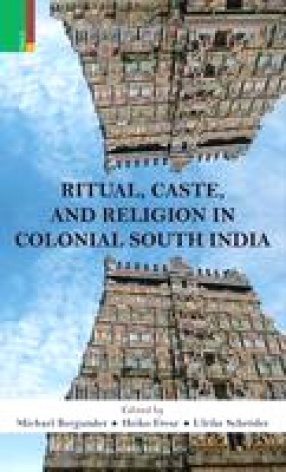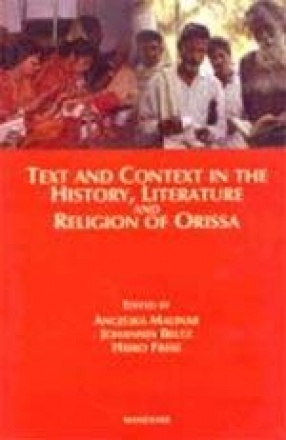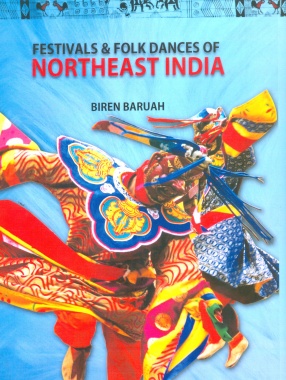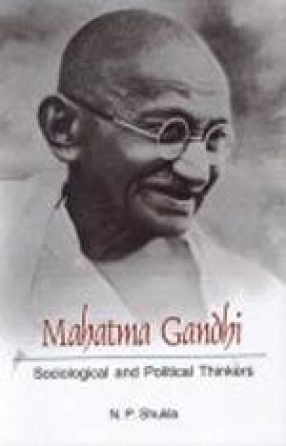In colonial south India, notions of ritual, caste, and religion played a crucial role in the formation of social, cultural, and religious identities. Deeply embedded in wide-ranging discourses, these notions often mirrored social conflicts and challenged political and religious authority. Ritual, Caste, and Religion in Colonial South India, through a detailed analysis of Tamil and Telugu sources, and through an examination of the newly established print media of the time, explores the impact these notions had on society.
Within the Tamil context, there is special focus on the different forms of the Saiva Siddhanta revival in the late nineteenth and early twentieth century, which reveals a wide range of responses to the social and religious challenges of colonial society in South India and Ceylon.
In the wake of Tamil renaissance, Brahman dominance was questioned, and other groups like Vanniyars, Nadars, or Paraiyars tried to renegotiate and improve their social and cultural status. This led to a transformation of social space and the change of ‘caste’ status in colonial south India.
This volume of essays argues, however, that the Telugu context was different and needs to be evaluated on its own terms, despite its close historical interactions with Tamil sources within the Madras Presidency.






There are no reviews yet.